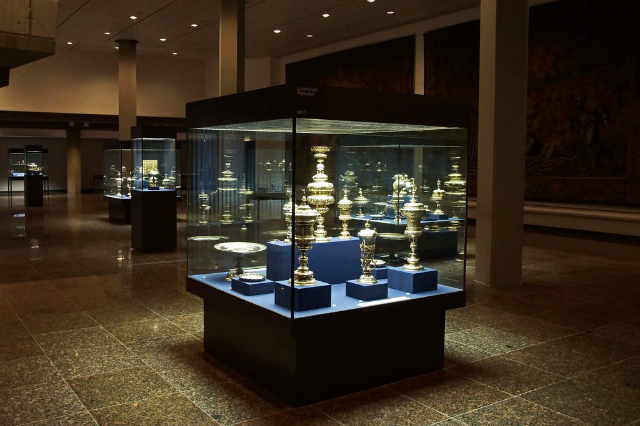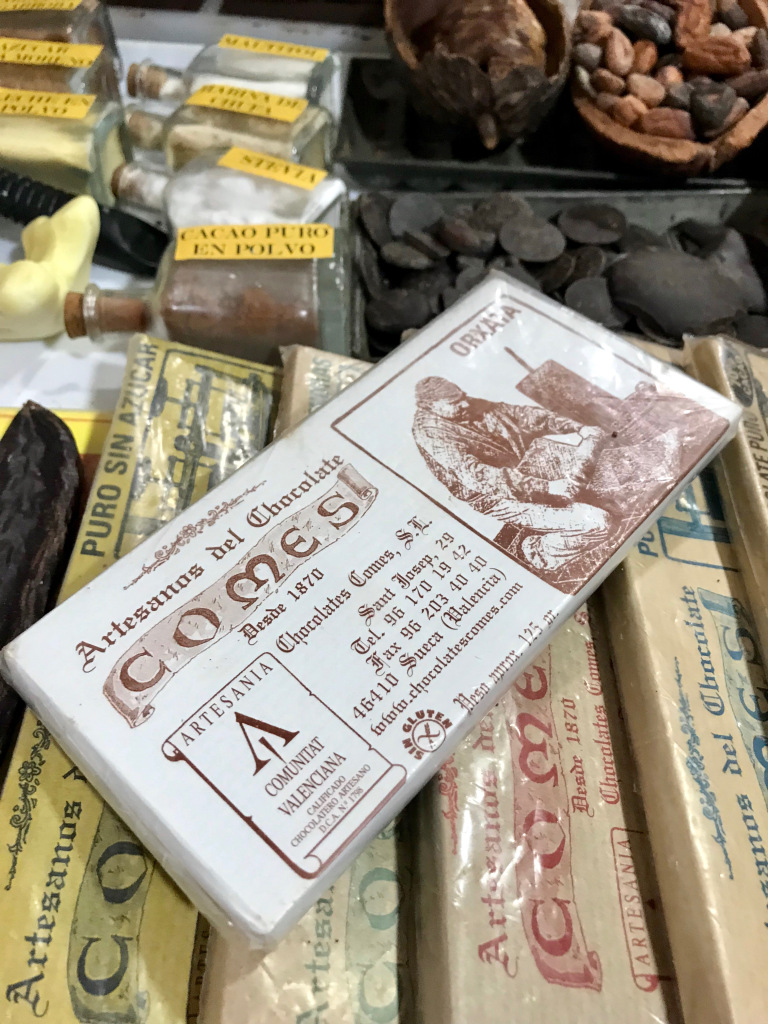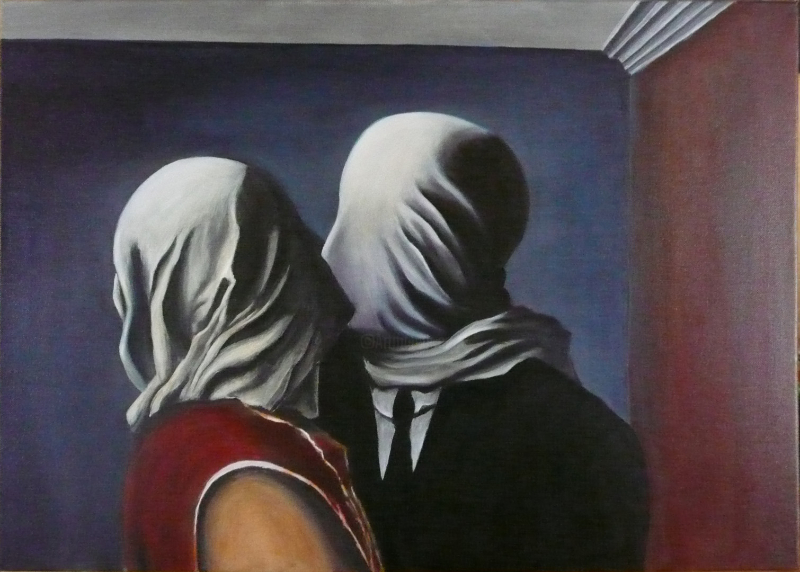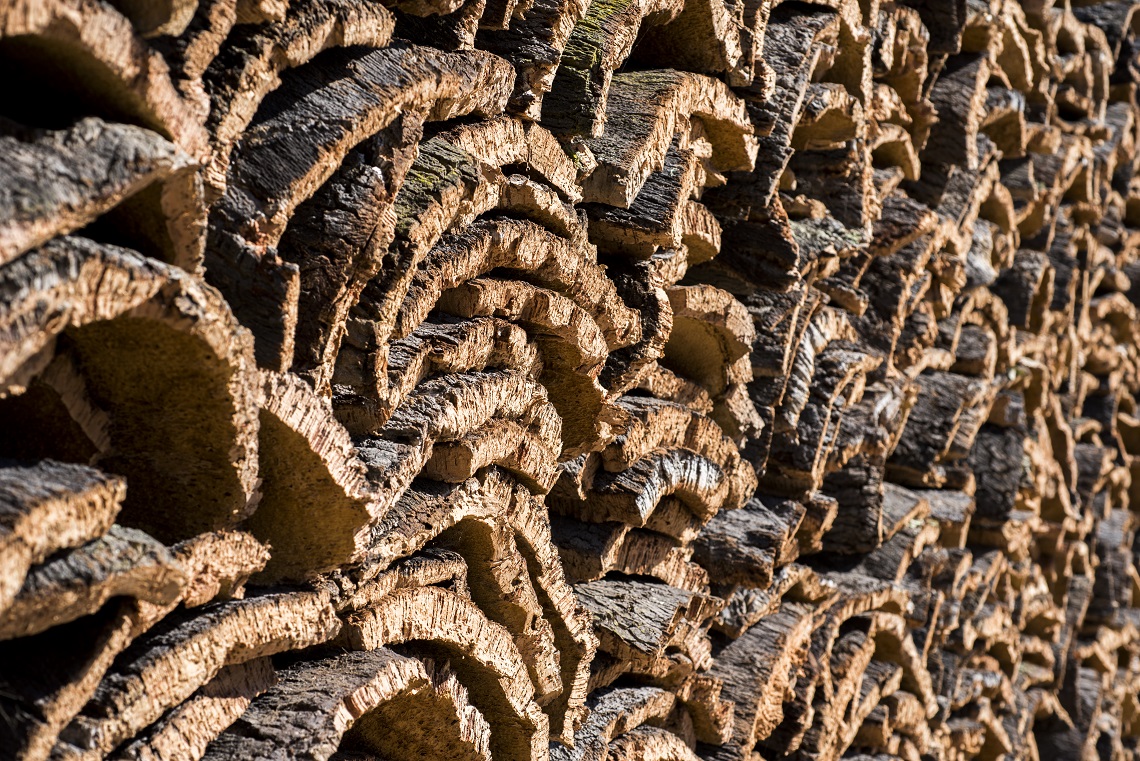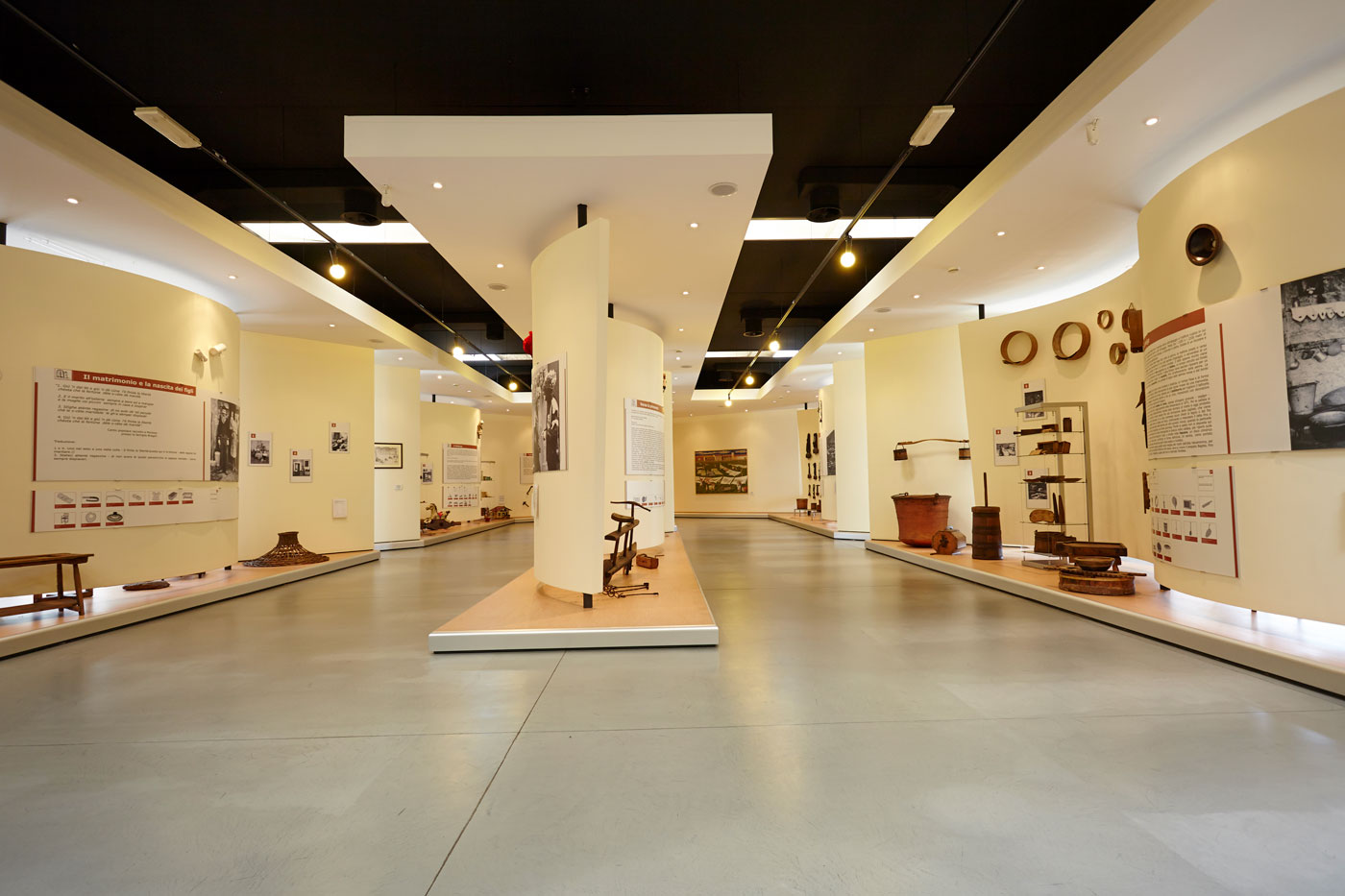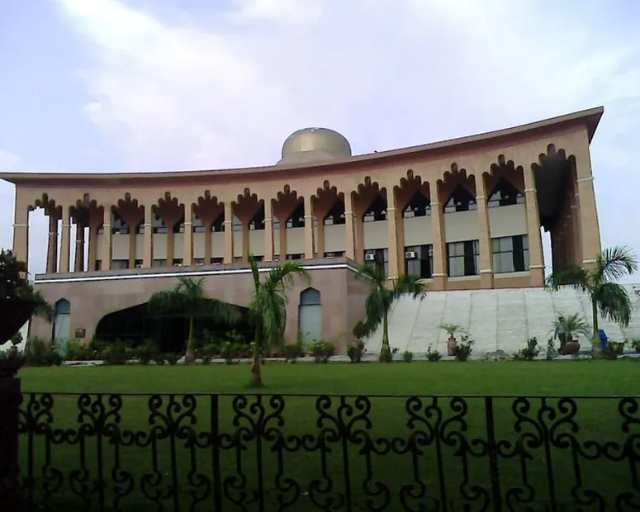The Kunstgewerbemuseum, or Museum of Decorative Arts, is an internationally important museum of the decorative arts in Berlin, Germany, part of the Staatliche Museen zu Berlin. The collection is split between the Kunstgewerbemuseum building at the Kulturforum and Köpenick Palace.
The Kunstgewerbemuseum (Museum of Decorative Arts) is the oldest of its kind in Germany. It houses world-famous examples of European arts and crafts from the early Middle Ages to the present day as well as outstanding collections of fashion and design, including magnificent reliquaries made of gold and precious gemstones, exquisite vases of glass and porcelain, finely embroidered textiles, ornate inlaid furniture and complete sets of wall panelling such as the Chamber of Mirrors from Schloss Wiesentheid, as well as classic examples of modern industrial design. The permanent and special exhibitions hosted by the Museum of Decorative Arts can be seen at two locations in Berlin: at the Kulturforum near Potsdamer Platz and in the picturesque setting of Schloss Köpenick on an island on the river Dahme.
In the Baroque palace of Köpenick the Kunstgewerbemuseum presents examples of interior design from the 16th to 18th centuries. The museum at the Kulturforum was completed in 1985 to designs by Rolf Gutbrod, one of the leading German architects in the 1960s. Gutbrod’s trademark is that he allowed structural elements of his buildings to remain clearly visible. The museum is conceived as a ‘constructed landscape’ and together with its greenery makes reference to the adjacent Tiergarten park. While the building has a closed appearance from the outside, it welcomes visitors on the inside with an open stairwell and generous exhibition spaces. Visitors are encouraged to focus completely on the remarkable exhibits in the collection and to wander from one level to the next.
The Kunstgewerbemuseum offers visitors a comprehensive presentation across two floors of the museum, featuring the great accomplishments of European design and the decorative arts spanning the Middle Ages, Renaissance, Baroque and Rococo periods to Jugendstil and Art Deco. An entire exhibition space is dedicated to classic design. Visitors can also admire a gallery of fashion with an extensive exhibition of costumes and accessories from the 18th to 20th century.
